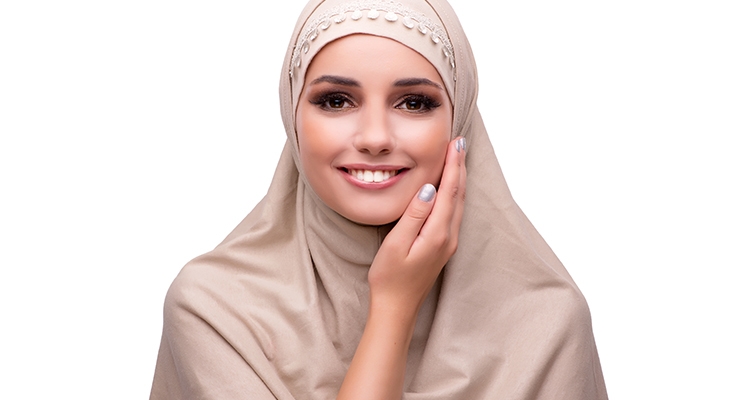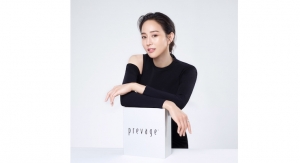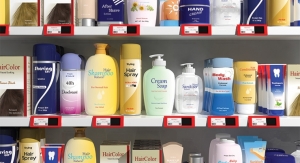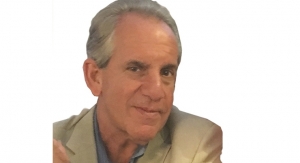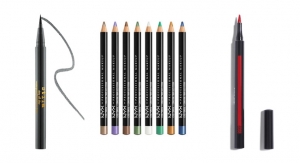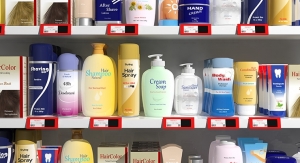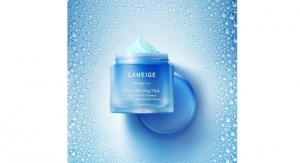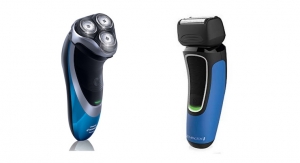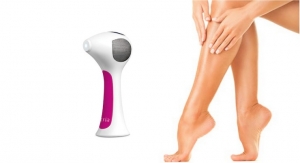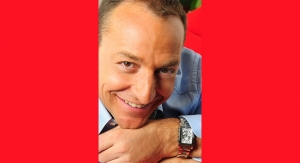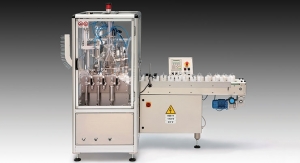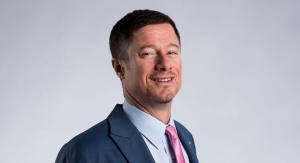06.07.19
Not only is the market for halal cosmetics growing rapidly—projected to reach $52.02 billion by 2025 with a CAGR of 12.3%—but users are willing to pay premium prices for certified products. These are among key findings reported in the "Halal Cosmetics Market Size, Share & Trends Analysis Report By Product (Skin Care, Hair Care, Makeup), By Region (North America, Europe, Asia Pacific, MEA, Central & South America), And Segment Forecasts, 2019 - 2025" from Grand View Research, and available at ResearchAndMarkets.com.
Driven by product demand from “a considerable Islamic population base across the globe,” the report says the market is niche with the presence of both large- and small-scale manufacturers. Growing concern among consumers about the usage of animal-derived ingredients, such as gelatin and collagen, has resulted in the increased production of halal-certified products by many cosmetic industry participants.
There has also been a general trend in the market toward cosmetics without animal-related ingredients.
Regional companies are entering the global market to fulfill the rising demands, according to the report. Middle East and Africa accounted for about 18% of the global revenue share in 2018. Though there is a growing demand for halal products in the Middle East, there is an absence of a complete regulation system. However, Brunei has an established a regulatory system that promotes and produces halal products. There have been a lot of initiatives taken by different Islamic countries to integrate the halal industry. For instance, Malay Chamber of Commerce Malaysia built a marketing center in Dubai to help the growth of such products and pave opportunities for manufacturers to advertise their portfolio.
Additional key findings from the study predict:
—Skincare is anticipated to be the fastest-growing product segment of the halal cosmetics market over the forecast period.
—Makeup is projected to be the second-largest segment and is said to register a CAGR of 12.5% from 2019 to 2025.
—Middle East & Africa is the second-largest regional market after Asia and was valued at 4.04 billion in 2018
Furthermore the report notes that since Muslims constitute a major part of the population of the region, the mainstream cosmetic industry is being pushed to fulfill their needs.
Details on the report here.
Driven by product demand from “a considerable Islamic population base across the globe,” the report says the market is niche with the presence of both large- and small-scale manufacturers. Growing concern among consumers about the usage of animal-derived ingredients, such as gelatin and collagen, has resulted in the increased production of halal-certified products by many cosmetic industry participants.
There has also been a general trend in the market toward cosmetics without animal-related ingredients.
Regional companies are entering the global market to fulfill the rising demands, according to the report. Middle East and Africa accounted for about 18% of the global revenue share in 2018. Though there is a growing demand for halal products in the Middle East, there is an absence of a complete regulation system. However, Brunei has an established a regulatory system that promotes and produces halal products. There have been a lot of initiatives taken by different Islamic countries to integrate the halal industry. For instance, Malay Chamber of Commerce Malaysia built a marketing center in Dubai to help the growth of such products and pave opportunities for manufacturers to advertise their portfolio.
Additional key findings from the study predict:
—Skincare is anticipated to be the fastest-growing product segment of the halal cosmetics market over the forecast period.
—Makeup is projected to be the second-largest segment and is said to register a CAGR of 12.5% from 2019 to 2025.
—Middle East & Africa is the second-largest regional market after Asia and was valued at 4.04 billion in 2018
Furthermore the report notes that since Muslims constitute a major part of the population of the region, the mainstream cosmetic industry is being pushed to fulfill their needs.
Details on the report here.

